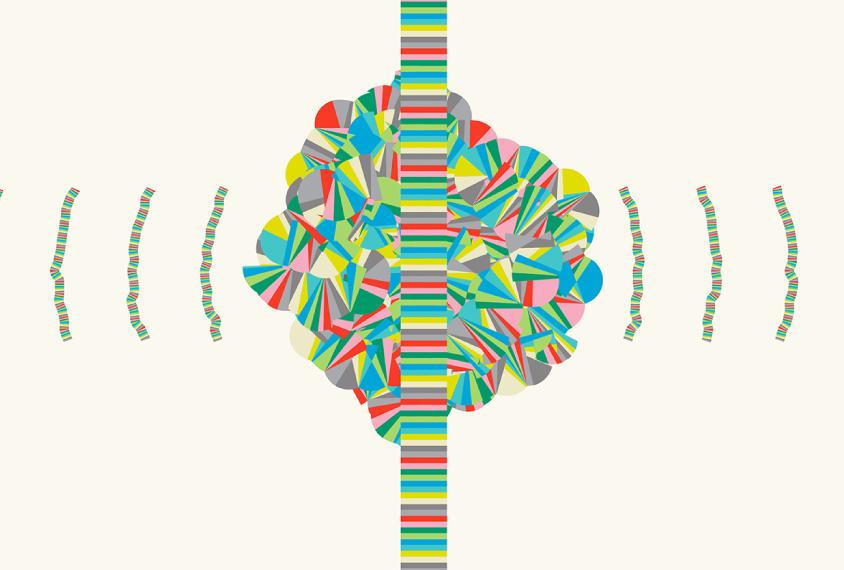Ben Kuebrich is a reporter for High Plains Public Radio, an NPR station in Western Kansas. He spent 10 years studying neuroscience and working in laboratories at institutions such as Emory University, the Massachusetts Institute of Technology and the University of Tokyo. During that time, he also fell in love with listening to podcasts. He started his career in audio doing research and fact-checking for the Gimlet podcast “Science Vs.” You can also listen to his podcast “Selects,” which highlights the work of independent podcast producers.

Ben Kuebrich
From this contributor
Spectrum Stories: The benefits of genetic testing in autism
Finding a mutation linked to autism traits can have life-changing consequences for autistic individuals and their families.

Spectrum Stories: The benefits of genetic testing in autism
Spectrum Stories: Tapping intelligence in minimally verbal people with autism
Scientists are finding new ways to test cognition in autistic individuals who speak little or not at all.

Spectrum Stories: Tapping intelligence in minimally verbal people with autism
Spectrum Stories: Seeing through an autistic person’s eyes
Virtual reality can help typical people experience sensory hypersensitivity and other perceptual differences that autistic individuals describe. Host Ben Kuebrich reports.

Spectrum Stories: Seeing through an autistic person’s eyes
Spectrum Stories: Resetting the autistic brain
Deep brain stimulation is not an approved treatment for autism but has helped some people with extreme obsessions and other severe traits. Host Ben Kuebrich investigates one success story.

Spectrum Stories: Resetting the autistic brain
Spectrum Stories: Understanding autism’s suicide risk
Suicidal thoughts appear to be more common in autistic people but they’re also more difficult to detect. Host Ben Kuebrich reports.

Spectrum Stories: Understanding autism’s suicide risk
Explore more from The Transmitter
Xiao-Jing Wang outlines the future of theoretical neuroscience
Wang discusses why he decided the time was right for a new theoretical neuroscience textbook and how bifurcation is a key missing concept in neuroscience explanations.
Xiao-Jing Wang outlines the future of theoretical neuroscience
Wang discusses why he decided the time was right for a new theoretical neuroscience textbook and how bifurcation is a key missing concept in neuroscience explanations.
Memory study sparks debate over statistical methods
Critics of a 2024 Nature paper suggest the authors failed to address the risk of false-positive findings. The authors argue more rigorous methods can result in missed leads.

Memory study sparks debate over statistical methods
Critics of a 2024 Nature paper suggest the authors failed to address the risk of false-positive findings. The authors argue more rigorous methods can result in missed leads.
Attention not necessary for visual awareness, large study suggests
People can perceive some visual information even if they do not pay direct attention to it.

Attention not necessary for visual awareness, large study suggests
People can perceive some visual information even if they do not pay direct attention to it.